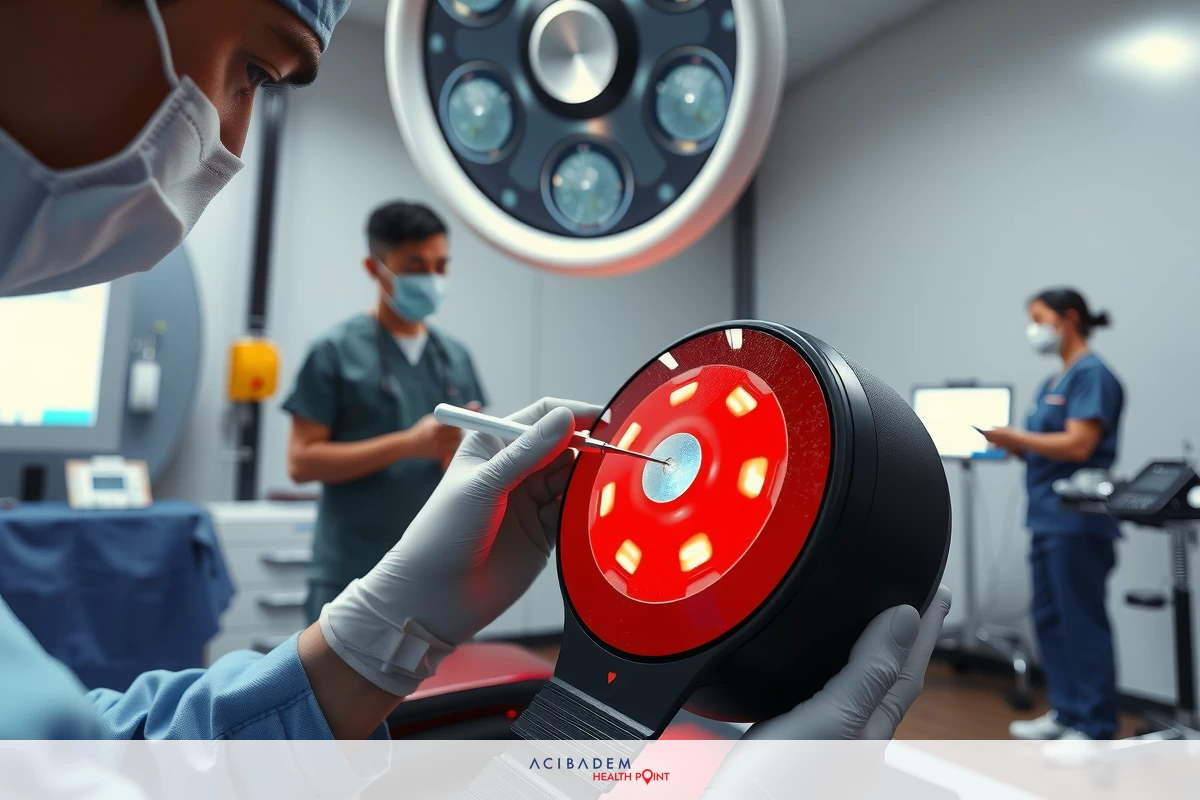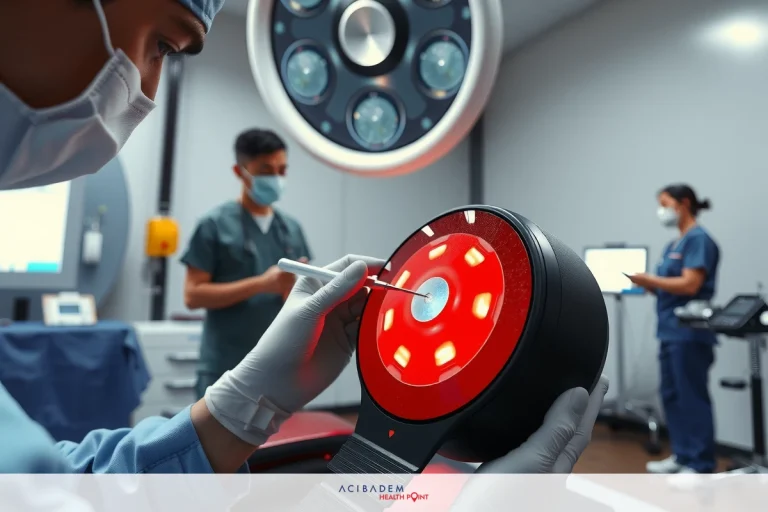Is Knee Arthroscopy Done Under General Anesthesia?
Is Knee Arthroscopy Done Under General Anesthesia? When we talk about knee arthroscopy it’s normal to wonder if you’ll be awake for the process. This common medical work lets doctors see inside your knee and fix problems there. Often they use a special camera called an arthroscope. It makes sense to ask about anesthesia because staying still and pain-free is key.
The answer to whether general anesthesia is used can vary from one case to another. Your doctor will look at many things before making this choice. They think about your health, the part of your knee that needs help, and what you prefer too. If general anesthesia is needed they will make sure you’re ready for it.
Sometimes though other types of numbing methods are enough for this work on the knee. These might let you stay awake but still keep you comfy during the task. Each way has its own good points and things that could be better suited for different people or problems in their knees.
What is Knee Arthroscopy?
Knee arthroscopy is a way for doctors to look at knee problems. Using a tiny camera they see inside the joint without big cuts on your skin. It’s less harsh than open surgery and most people get better fast after it. This medical procedure lets surgeons fix or find out more about knee pain.
The camera used in knee arthroscopy is called an arthroscope. Surgeons make small holes to let the arthroscope and tools reach the knee area. They can repair tissue, take out parts that are hurt, or help with other issues right there during surgery. Orthopedics use this method often because it’s effective.
During knee arthroscopy you might be asleep if general anesthesia is used. This means you won’t feel anything during the work on your knee. But not all surgeries need you to be fully under; sometimes just part of your body will be numbed instead.
People who have this kind of orthopedic surgery usually heal quicker than those who have bigger ones done on their knees. You may go home on the same day as your procedure too! Afterward following doctor advice helps make sure everything heals well.
Anesthesia Options for Knee Arthroscopy
When preparing for knee arthroscopy knowing your anesthesia options is important. General anesthesia is one choice where you sleep through the surgery. You won’t feel or remember the procedure with this method. It’s often used for more complex cases in orthopedics.
Another option is local anesthesia which numbs just your knee area. You stay awake but won’t feel pain where the surgeon works on your knee. This can be good for minor medical procedures and quick surgeries. Many choose it to avoid the drowsiness from general anesthesia.

Sedation is a middle ground between general and local anesthesia. With sedation you’re relaxed but still awake during surgery. Doctors might give you medicine to make you sleepy and calm without putting you fully asleep.
Your doctor will help decide which type of anesthesia fits best for your knee arthroscopy based on several things like health, length of surgery, and comfort level with being awake during medical work on your knee area.
Is General Anesthesia Commonly Used?
When it comes to knee arthroscopy the use of general anesthesia depends on many things. For surgeries that are more complex and take a long time doctors often choose general anesthesia. This is because it allows patients to be completely asleep making sure they stay still and feel no pain during the procedure.
General anesthesia has been a go-to option in orthopedics for years. It’s reliable for keeping comfort high during surgery. However not all knee arthroscopies need this level of sedation. Sometimes simpler or shorter procedures can use other types of numbness methods.
Patients also have a say in what kind of anesthesia they get if their health allows choices. Some prefer to avoid being fully under due to concerns about side effects or recovery times from general anesthesia. Doctors will listen and offer advice so each person gets care that suits them best for their knee work.
Consult Your Insurance Company
When planning for knee arthroscopy it’s wise to check with your insurance company early on. They can tell you what parts of the surgery they will pay for. This may include doctor fees, the hospital stay, and even anesthesia during surgery. Each insurance plan is different so getting this info helps you plan.
Your coverage might change based on whether general anesthesia or another type is used. Some plans cover all types while others only help pay for certain kinds. It’s key to know these details before your procedure day comes around.
Talk to a representative from your insurance company about your policy limits too. They can explain things like deductibles and out-of-pocket costs that apply to surgeries like knee arthroscopy under general anesthesia. Being clear on these points means fewer surprises later.
If general anesthesia is suggested by your doctor ask if they need any special approval from your insurance first. Sometimes insurers need extra steps before saying yes to certain medical work under their coverage rules.
Lastly, if there are terms or conditions in the policy that aren’t clear to you, don’t hesitate to ask questions until everything makes sense. Understanding how much support you have from your insurance gives peace of mind as you get ready for surgery and care after it’s done.
Frequently Asked Questions
What is the main reason for using general anesthesia in knee arthroscopy?
The main reason is to ensure that patients remain comfortable and motionless during surgery which can be essential for complex procedures.
Can I choose not to have general anesthesia for my knee arthroscopy?
Yes you may discuss other options like local anesthesia or sedation with your doctor depending on the specifics of your case.
How long does it take to recover from general anesthesia after knee arthroscopy?
Recovery times vary but most patients wake up shortly after surgery and continue to feel better over a few hours as the effects wear off. The answers provided are for informational purposes only and do not constitute medical advice.








